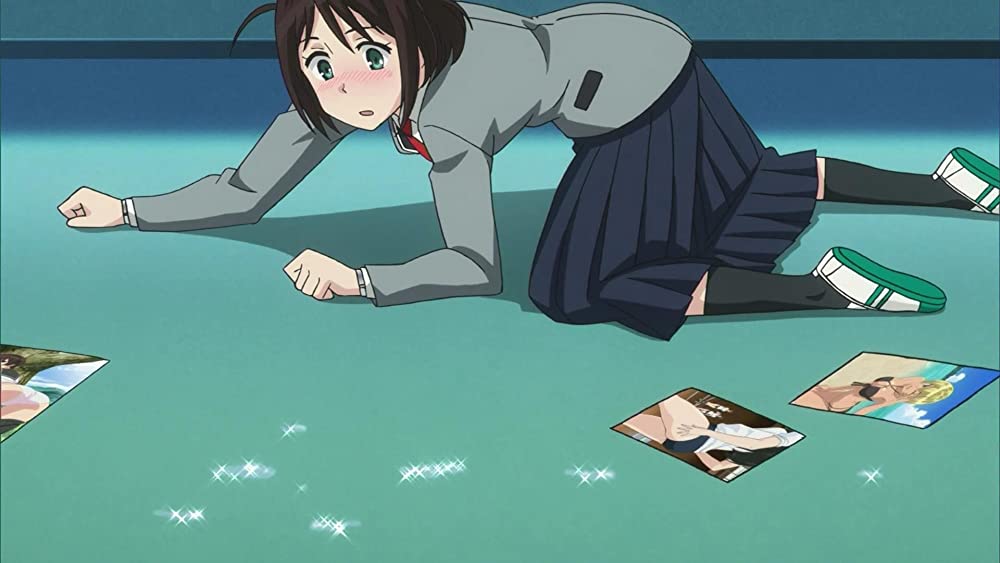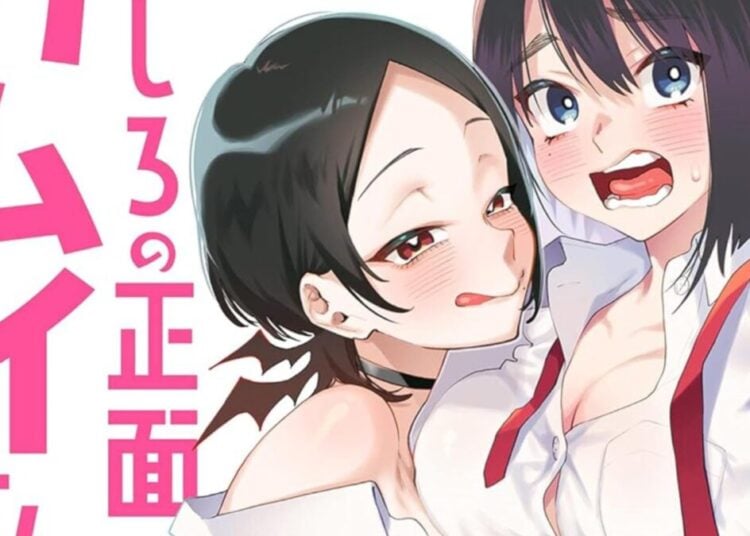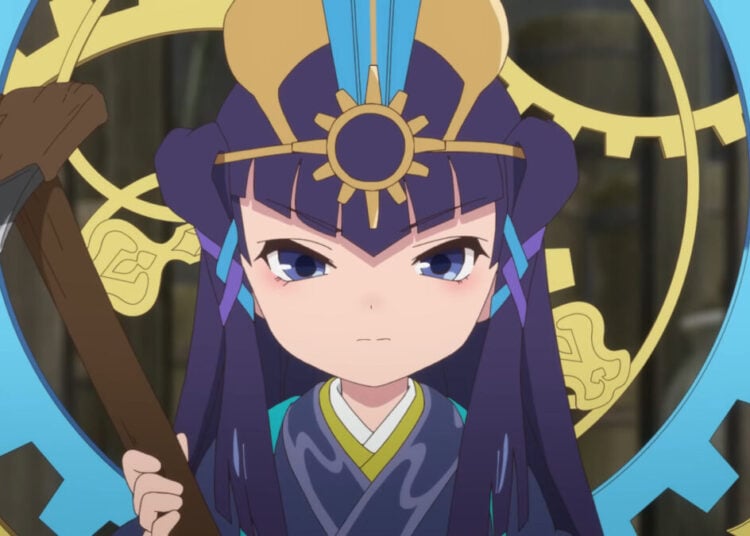Late last year, you might have heard of Tokyo’s draft for its “Comprehensive Plan for the Promotion of Gender Equality”, and how it raised concerns about anime and manga censorship in the name of eliminating “all forms of violence between men and women”. Recently, however, news came to light that those concerns have been heeded. According to a Twitter post by Tokyo Metropolitan Assembly member Yutaka Kazama on January 27th, 2022, the plan has been revised further, with the provisions that would have threatened freedom of expression being removed altogether.
東京都の表現の自由を脅かす表記が改善!昨年文教委員会で求めた男女平等参画推進総合計画に記載されてきた問題ある文言の修正と削除が実現しました。「不快な表現に接しない自由」は削除、「メディア事業者自身による自粛等」は「メディア事業者自身による倫理規定の遵守など」に修正されています。 pic.twitter.com/XaiOETzB2H
— 風間ゆたか 東京都議会議員 立憲民主党 世田谷区選出 (@setagaya_k) January 27, 2022
Tokyo’s Notation Threatening Freedom of Expression Improved! The Tokyo Metropolitan Government has revised and deleted problematic wording in the Comprehensive Plan for the Promotion of Gender Equality, which was requested by the Education Committee last year. The phrase “the freedom not to come into contact with offensive expressions” has been deleted, and the phrase “self-restraint by media operators themselves, etc.” has been changed to “compliance with the code of ethics by media operators themselves, etc.”

According to Kazama, this “freedom not to come into contact with offensive expressions” slipped into the draft as early as March 2017, though it wasn’t until last October that it explicitly came to light. The exact reasons behind his decision and others in the Assembly to “carefully review and delete or modify it” aren’t stated, though it is not hard to guess why they did. While the clause was initially presented as a guideline rather than law, the specifics of what it meant were left vague, aside from an “international perspective” on what counted as “freedom from sexual and violent expressions”. It would have had far-reaching consequences on what could be said or produced, potentially crippling anime and manga in the process.

Although the revisions appear to have slipped under the radar at this point, they have begun getting traction in Japanese social media, especially in the wake of the Assembly opening solicitations for comments from the public until March 4th. Academic and musician Macoto Kikuchi, for instance, rebuked the original clause and invoked freedom of expression as something to be “respected to the fullest extent.” Meanwhile, the non-partisan Association for Freedom of Entertainment Expression (AFEE) stated the following in its comprehensive breakdown of the latest draft, which likely contributed to said clause’s removal:
With regard to consideration for “freedom from sexual and violent expressions,” it should be clearly stated that it should be “freedom to choose not to come into contact with them,” and not “freedom not to allow them to be expressed”. It should also be made clear that the freedom not to contact is an issue of conflict between human rights and human rights in relation to the issue of freedom of expression.
With regard to the consideration of “the freedom not to come into contact with offensive expressions in the mass media and public spaces,” this item should be deleted because it poses the risk that the government can unilaterally deny people the right to criticize the regime in the mass media or make political claims in public spaces.
昨日より東京都男女平等参画推進総合計画(素案)のパブコメが開始になりました。併せて前回の東京都男女平等参画推進総合計画のパブリックコメントを受けての変更箇所をまとめましたのでご覧下さい
https://t.co/ybShu4p7d9 @afeejpより pic.twitter.com/asX7uHOSpB— AFEE@エーフィー:エンターテイメント表現の自由の会 (@AFEEjp) February 4, 2022
While AFEE’s assessment shows that Tokyo’s gender equality plan still has much room for change in the coming weeks, what it all means is that Japan has dodged another bullet. Though it’s easy for outsiders looking in to cynically bemoan the encroachment of censorship, this is nothing new for anime and manga. They survived the various attempts to stifle them over the years, including the late Shintaro Ishihara’s Bill 156, while both otaku and creators alike have grown more vocal in defending freedom of speech. There’s a strong chance that they’ll ride out this attempt, too.















